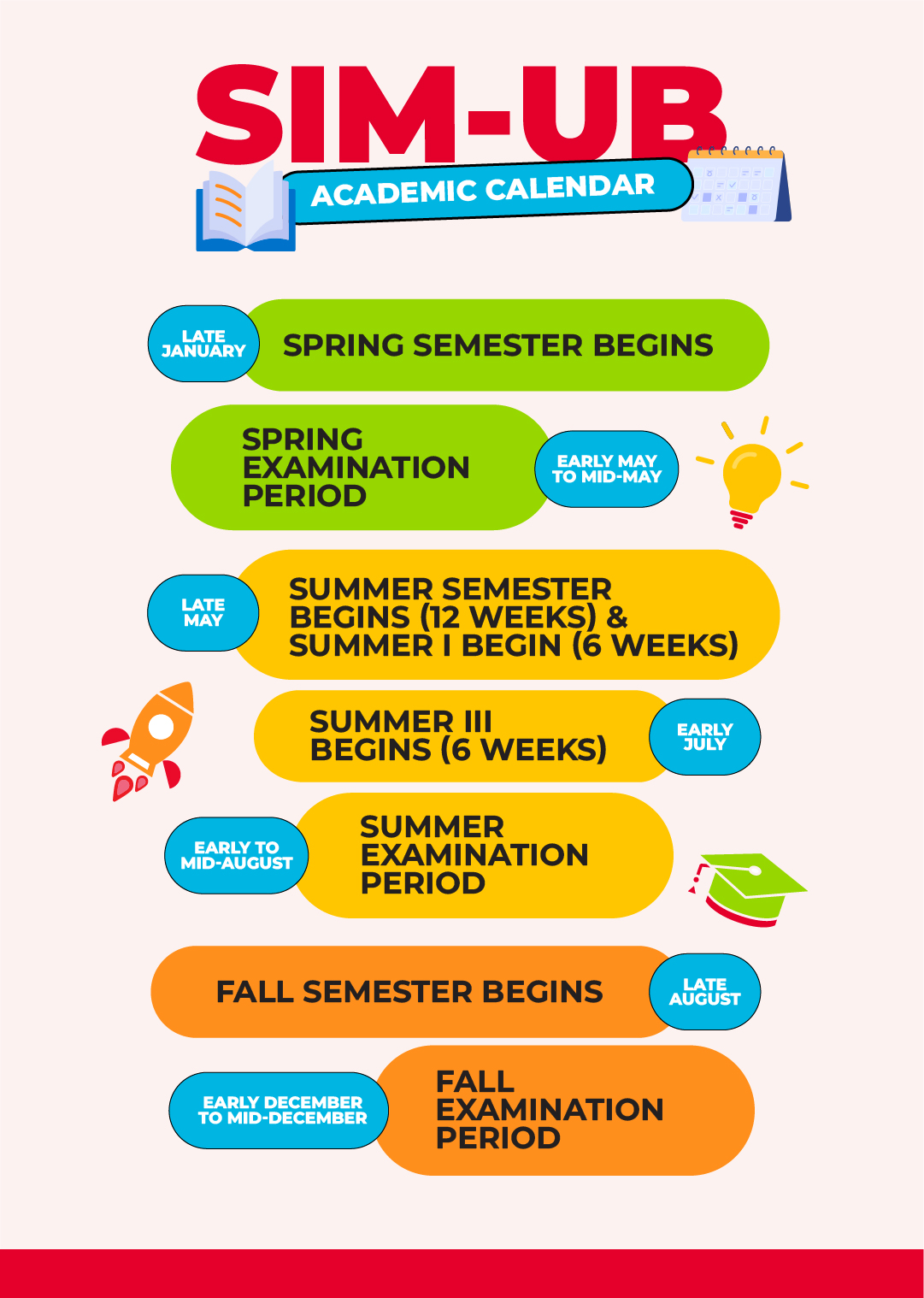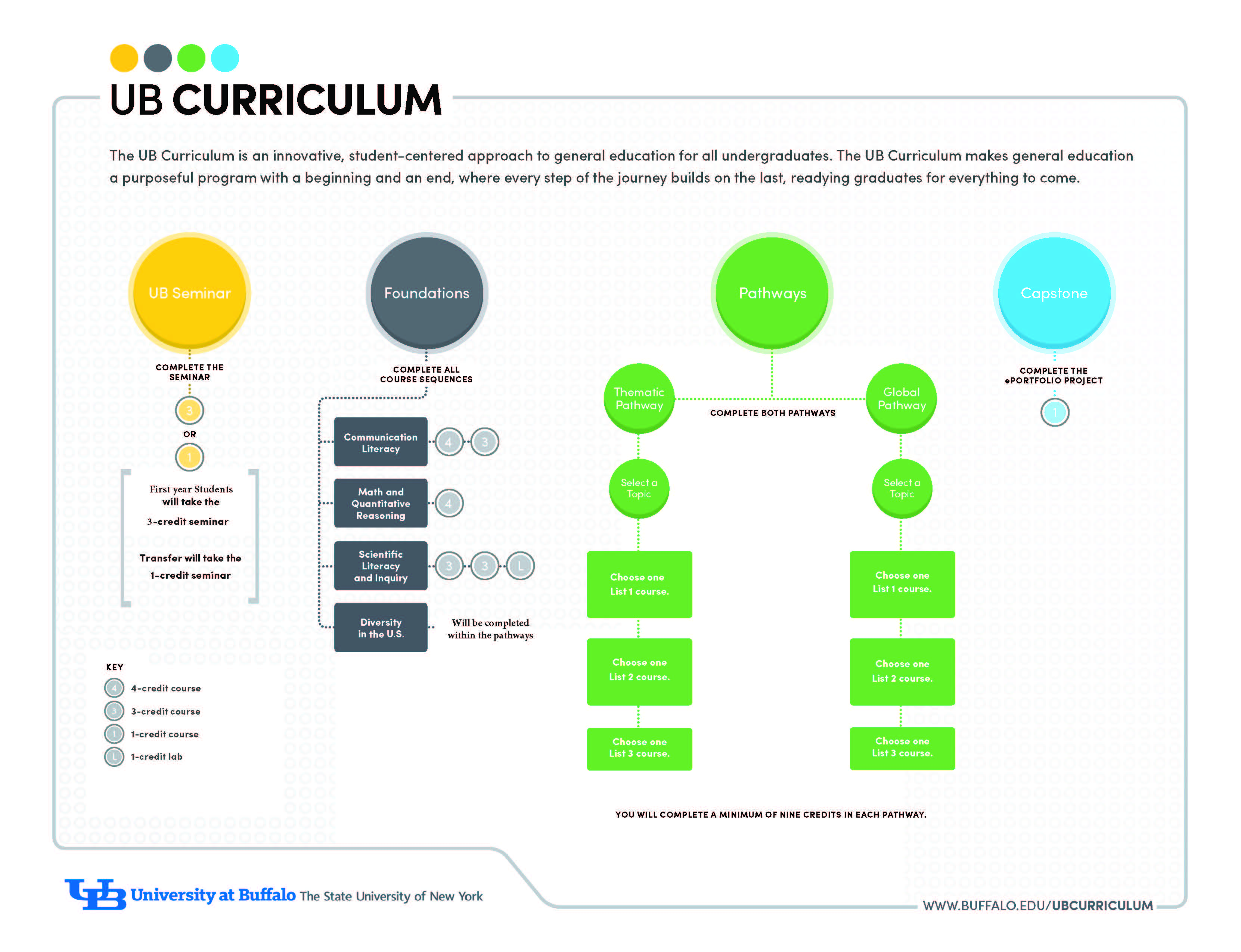Awarded and developed by: University at Buffalo, The State University of New York, US
As a Business major, you will learn insights and skills about the business world and have the option to choose from one of the four concentrations offered – financial analysis, international business, marketing or operations and supply chain.
UB’s Economics program integrates economic theory with applied topics, including finance, international trade, econometrics, education, growth and development, monetary economics, labor economics, urban and regional economics, industrial organization, and regulation.
Students will discuss matters relating to consumers and producers, market equilibrium, investment and savings, employment, money and banking, and government taxation and spending.
The program provides comprehensive curriculum integrating economic theory with applied topics.
- The SIM-UB scholarship allows deserving students at SIM to spend one semester at the UB’s New York campus.
- The Business Administration program is accredited by AACSB International.
SIM-UB Newsletter Fall 2023
SIM-UB Newsletter Fall 2024




.jpg)
.jpg)




